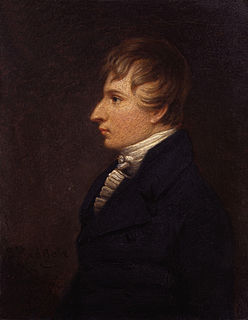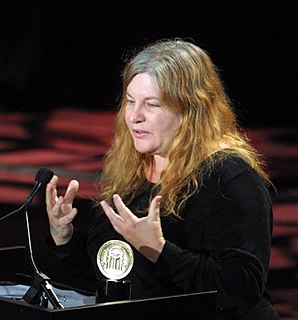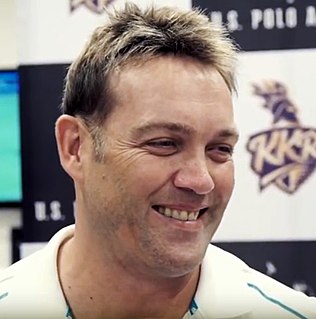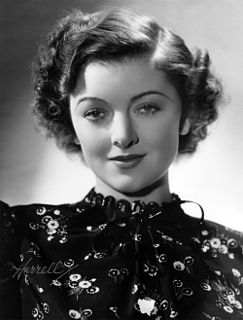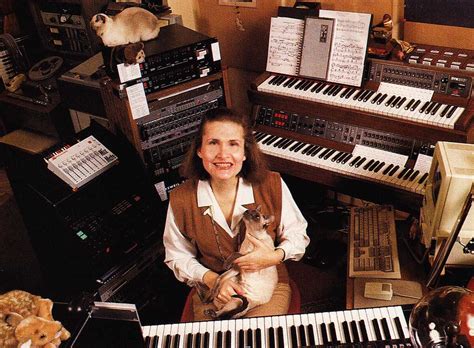A Quote by Henry Kirke White
Poetry has been to me something more than amusement, it has been a cheering companion when I had no other to fly to, a delightful solace.
Related Quotes
'Who's been repeating all that hard stuff to you?' 'I read it in a book,' said Alice. 'But I had some poetry repeated to me, much easier than that, by - Tweedledee, I think it was.' 'As to poetry, you know,' said Humpty Dumpty, stretching out one of his great hands, 'I can repeat poetry as well as other folk, if it comes to that - ' 'Oh, it needn't come to that!' Alice hastily said, hoping to keep him from beginning.
I had lines inside me, a string of guiding lights. I had language. Fiction and poetry are doses, medicines. What they heal is the rupture reality makes on the imagination. I had been damaged, and a very important part of me had been destroyed - that was my reality, the facts of my life. But on the other side of the facts was who I could be, how I could feel. And as long as I had words for that, images for that, stories for that, then I wasn't lost.
I have ALWAYS wanted to write - I was the seven-year old entering local library poetry contests, and I recently found my eighth-grade yearbook when we moved, and I had listed "WRITER" as my future occupation. It's always been something I've been hungry to do, but I think the more practical side of me (encouraged by the more practical sides of my parents of course) shied away from pursuing a career in creative writing, in favor of something a little "safer" like law.
A very elementary exercise in psychology, not to be dignified by the name of psycho-analysis, showed me, on looking at my notebook, that the sketch of the angry professor had been made in anger. Anger had snatched my pencil while I dreamt. But what was anger doing there? Interest, confusion, amusement, boredom--all these emotions I could trace and name as they succeeded each other throughout the morning. Had anger, the black snake, been lurking among them? Yes, said the sketch, anger had.
The maiden Olympics had more to protest about than mere war, though. Central to its ethos was a rejection of two establishments the political one, certainly, but also that of the wider poetry world itself. It changed poetry for ever in the UK, ... It led to readings all over the country. You suddenly got more women reading and publishing poems, as well as gay guys and poets from all over the world. Until that time, published poetry had been very university-based white, male, middle-class. We were trying to break poetry out of its academic confines.
And they did have fun, though it was of different kind now. All that yearning and passion had been replaced by a steady pulse of pleasure and satisfaction and occasional irritation, and this seemed to be a happy exchange; if there had been moments in her life when she had been more elated, there had never been a time when things had been more constant.
In this poor body, composed of one hundred bones and nine openings, is something called spirit, a flimsy curtain swept this way and that by the slightest breeze. It is spirit, such as it is, which led me to poetry, at first little more than a pastime, then the full business of my life. There have been times when my spirit, so dejected, almost gave up the quest, other times when it was proud, triumphant. So it has been from the very start, never finding peace with itself, always doubting the worth of what it makes.
